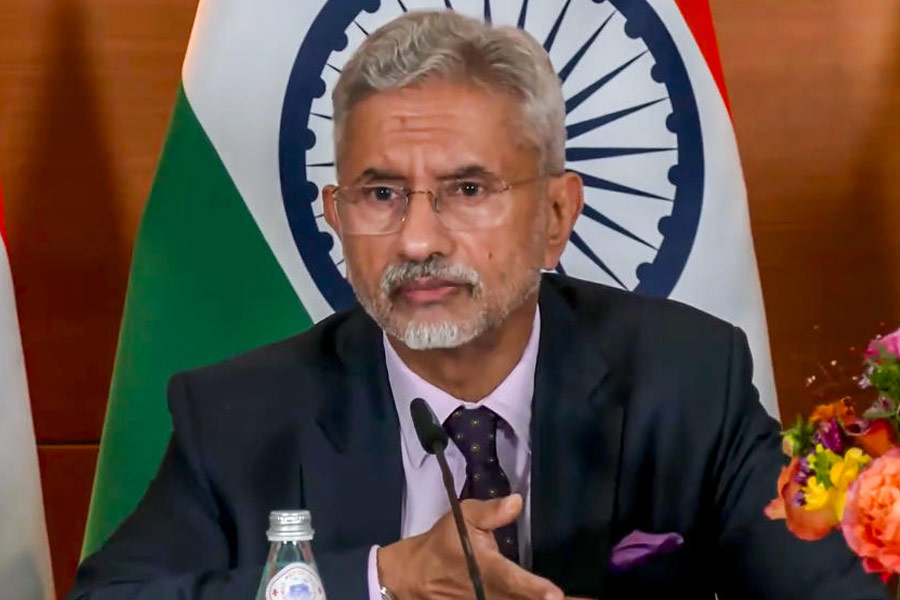Speaking at a book launch last week, the external affairs minister, Subrahmanyam Jaishankar, said that the era of uninterrupted dialogue with Pakistan was over. He also added that even as many parts of the world had concerns about their relationship with Beijing, India had a special China problem. Mr Jaishankar might have intended to deliver a dose of the hard-nosed realpolitik that he is known for. Yet those comments also serve to underscore the rising precarity of India's position in its neighbourhood. Pakistan is hosting the Shanghai Cooperation Organisation’s heads of government summit in October and had invited Prime Minister Narendra Modi for the meeting last week. Given the state of affairs and Mr Jaishankar's latest comments, it appears unlikely that Mr Modi will travel to Islamabad. India and China have had a series of diplomatic engagements in recent weeks, including two meetings between Mr Jaishankar and his Chinese counterpart, Wang Yi. The Indian minister's reference to China as a unique problem suggests that any expectation of a thaw with Beijing is naïve. A recent uptick in terrorist violence in Jammu and the continuing border tensions with China affirm the difficulties Mr Jaishankar referred to. But problems can also become self-fulfilling prophecies in the absence of careful strategising.
As Mr Jaishankar said in his comments at the book release, actions have consequences. He was speaking in the context of Pakistan and its decades of support for terrorism, especially in Jammu and Kashmir. Yet ultimately, that principle holds true for all nations. India must be clear-eyed in its approach to Pakistan and China and have realistic expectations and red lines. But it must be careful to not spurn opportunities to shift the momentum in ties just because such efforts have failed in the past. Even if Mr Modi does not travel to Islamabad for the SCO summit, it would be prudent for India to depute someone senior enough to represent him to try and understand how far Pakistan is willing to step forward for any resumption of talks. That is also important so that India does not appear to be sabotaging its role in the SCO because of its bilateral tensions with Pakistan. New Delhi must likewise note how a stream of European leaders and American officials has been visiting China despite their deep apprehensions about Beijing. India's neighbourhood challenges might be special, but it must not end up isolated either.










